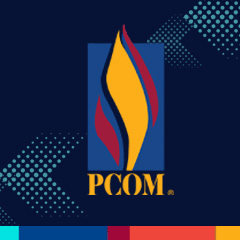Abstract
As the healthcare system evolves, issues related to cost and access to care continue to persist. In response to this concern, integrated models of healthcare, like the Patient-Centered Medical Home (PCMH), have been developed to work toward reducing cost for both patients and providers, increasing patient access to quality care, and improving patients’ overall satisfaction with the care that they are provided. However, despite the overwhelming evidence found in the literature supporting the efficacy and benefit of these treatment models, it is unclear as to why more providers do not choose to practice and support collaborative forms of healthcare provision. To understand how providers view and understand this approach to providing care, this study was developed to examine the current attitudes, levels of interest and knowledge that licensed practicing physicians and psychologists have toward integrated healthcare practices and the PCMH model. Participants completed an online questionnaire that was developed for this study to help illuminate a provider’s understanding and perceptions about integrated forms of care, based on three primary constructs: attitudes, interest, and knowledge. Findings suggested that psychologists held more positive attitudes, and a higher level of interest and knowledge about integrated models of healthcare than did physicians. The implications of the findings are discussed.
Recommended Citation
Cassano, Mark; DiTomasso, Robert A.; Golden, Barbara; and Glassman, Scott D.
(2024)
"The Attitudes, Level of Interest, and Knowledge Held by Physicians and Psychologists Toward Integrated Healthcare Practices and the Patient-Centered Medical Home Model,"
The Journal of Integrated Primary Care: Vol. 1:
Iss.
2, Article 3.
Available at:
https://digitalcommons.pcom.edu/jipc/vol1/iss2/3

